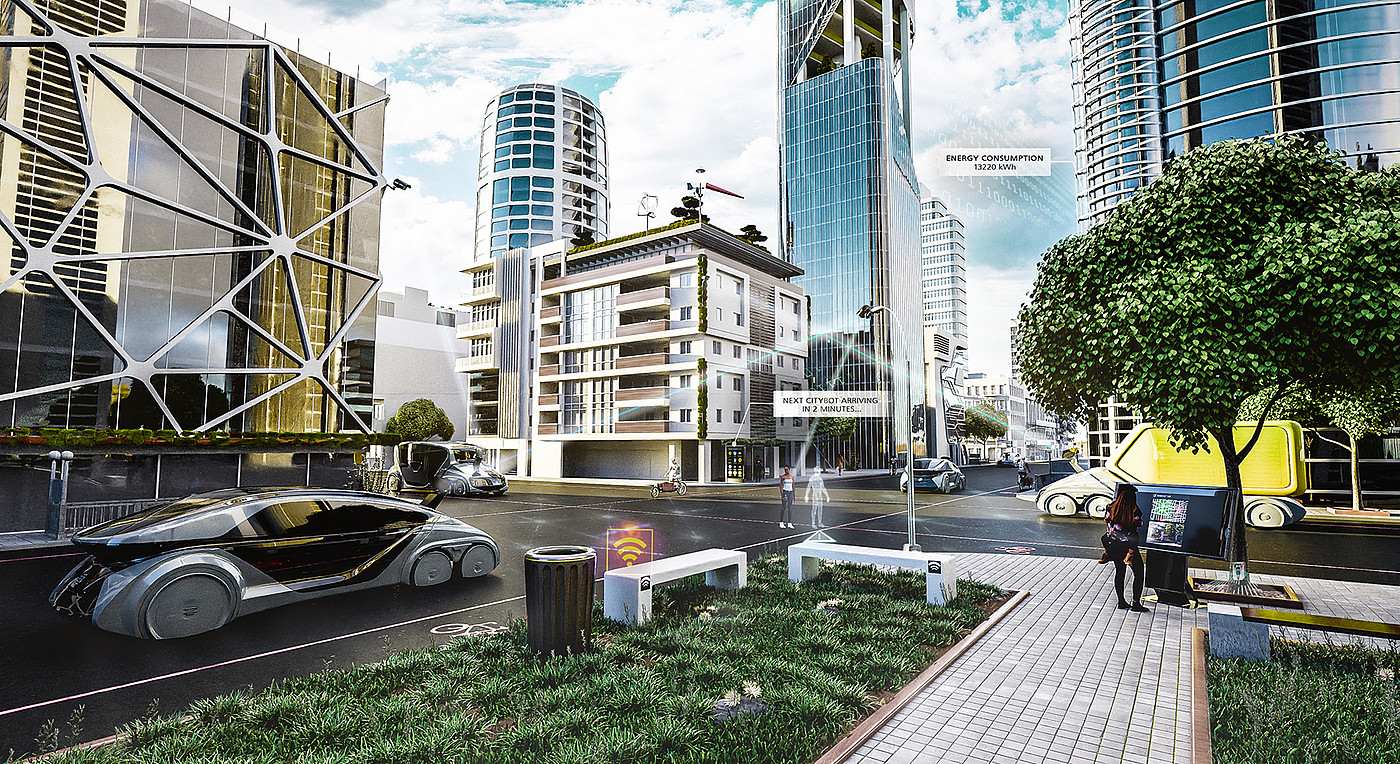
As an engineering service provider, we can already have a major impact on the future carbon footprint of our customers' products during the design and development phases of products, and in this way help our customers to bring sustainable products to market. We therefore see it as our task to proactively support our customers on the way to sustainable mobility. This is why we began focusing on fields such as eMobility, lightweight construction and new materials at an early date.
As a result, we are now well established, with a broad base for the development of CO2-free mobility for
We develop vehicles with alternative powertrains to facilitate CO2-free mobility, taking all means of transport into account - from cars and two-wheelers to commercial vehicles, buses, ships, trains and aircraft. Throughout the process, we consider all aspects of energy use, be this in the further development of battery-electric eMobility, fuel cell or hydrogen powertrains.
The vehicles of the future will consist of a modified mix of materials. Our decision as to which material is suitable for which application is made from the point of view of the product's entire life cycle, bearing in mind the optimum use of resources and energy. Our expertise here ranges from classic steels and aluminum to plastics and composites. We also incorporate bio-based materials and materials derived from recyclates.
In an increasingly affluent world, the increasing consumption of resources remains an unsolved problem. We are working on circular concepts to transfer raw materials to a circular economy and make optimum use of resources. When making the initial material selection, we already take into account effects that will continue to have a positive impact on the product's sustainability performance and everyone involved in its manufacture and use.
Every stage of a product's life cycle has an impact on people and the environment. With the life cycle assessment, we can identify and continually optimize the effects a product will have on the environment - CO2 emissions, for instance - during material selection, creation of the product, its use and recycling.

Stefan Caba
Head of Innovation Area Sustainable Vehicle Development